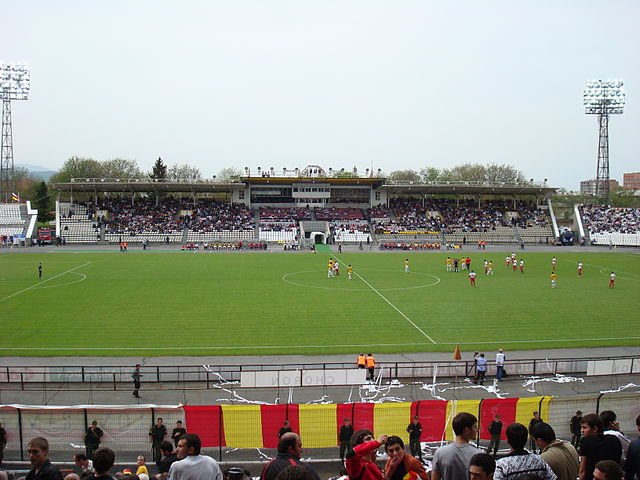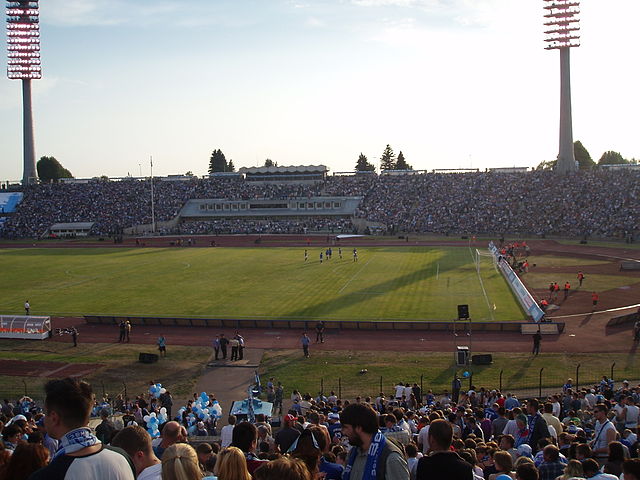Infinite photos and videos for every Wiki article ·
Find something interesting to watch in seconds
Kings of France
Famous Castles
Celebrities
Recovered Treasures
Richest US Counties
British Monarchs
Animals
Ancient Marvels
Orders and Medals
Largest Empires
Best Campuses
Supercars
Rare Coins
Largest Palaces
Great Artists
Countries of the World
World Banknotes
History by Country
Tallest Buildings
Wonders of Nature
Great Museums
Sports
Crown Jewels
Presidents
Wars and Battles
Great Cities
more top lists





